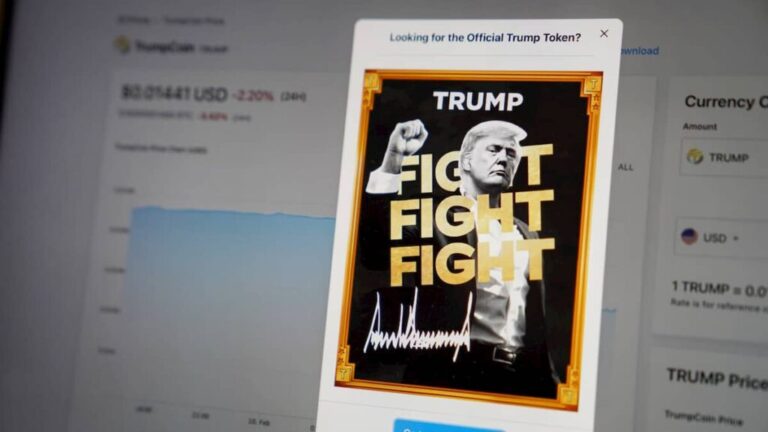In a recent episode of her podcast, journalist Natalie Brunell interviewed prominent author and visionary Jeff Booth. They discussed various topics, including Bitcoin’s price fluctuations, the convergence of Bitcoin and AI, the 2024 election, and the economic implications of current financial systems.
Booth is a Canadian entrepreneur, author, and technology leader known for his insights into the future of technology and economics. He co-founded BuildDirect, a technology company that revolutionized the home improvement and building materials industry by connecting homeowners and contractors directly with suppliers. Booth served as the CEO of BuildDirect for nearly two decades, leading it through significant growth and innovation.
In addition to his entrepreneurial achievements, Booth is also a recognized thought leader and author. He wrote “The Price of Tomorrow: Why Deflation is the Key to an Abundant Future,” a book that explores the implications of technological advancements on the economy, arguing that deflation, driven by technology, is essential for a prosperous future. His work emphasizes the transformative potential of technology and its impact on economic systems, advocating for a shift in how society approaches growth and value creation.
Booth started by addressing the recent dip in Bitcoin prices. He expressed that viewing Bitcoin in terms of fiat currency reinforces a flawed system based on the manipulation and devaluation of money. He argues that the natural state of the free market is deflation, driven by technological advancements that increase productivity. Booth sees Bitcoin not just as a currency but as a protocol bound by energy, which remains stable and decentralized, unlike fiat currencies manipulated by governments.
Booth elaborated on the idea that measuring Bitcoin’s value in fiat terms perpetuates a control system that steals value from individuals. He believes that the current economic systems are designed to protect those who manipulate money, thereby maintaining wealth concentration and systemic inefficiencies. Booth emphasized that the free market’s natural deflationary trend is being obstructed by these systems, and Bitcoin offers a way to protect oneself from such financial manipulation.
Touching on the political landscape, Booth expressed skepticism about any political solution to the economic issues at hand. He believes that political systems are inherently part of the problem, as they gain strength from the very manipulation of money that Bitcoin aims to eliminate. Booth urged listeners to focus on building parallel systems that offer more value and connection, rather than being caught up in political debates that reinforce existing structures.
Booth highlighted the symbiotic relationship between Bitcoin and AI. He explained that AI, as a technological tool, accelerates deflation by making processes more efficient and reducing costs. He stated that Bitcoin, as a decentralized and secure protocol, aligns with this deflationary trend by providing a stable monetary system. Together, Booth believes they can decentralize energy production and distribution, leading to a more efficient and equitable economic landscape.
Booth argued that Bitcoin and AI are not in competition but are complementary forces. He stated that Bitcoin’s role in decentralizing energy can support the energy-intensive demands of AI. He explained that as Bitcoin mining incentivizes the creation of more abundant and cheaper energy sources, it can help meet the energy needs of AI development. Booth believes this creates a virtuous cycle where both technologies drive each other’s growth and utility.
Booth addressed the debate on whether Bitcoin is primarily a store of value or a currency. He believes it is both, serving as a store of value through its protocol and as a medium of exchange through layers like the Lightning Network. Booth disagreed with the view that Bitcoin should only be seen as a store of value, arguing that this perspective could lead to its suppression. He argued that for Bitcoin to fulfill its potential, it must be used as a currency, enabling a free market where prices naturally fall due to increased productivity.
Featured Image via Unsplash

